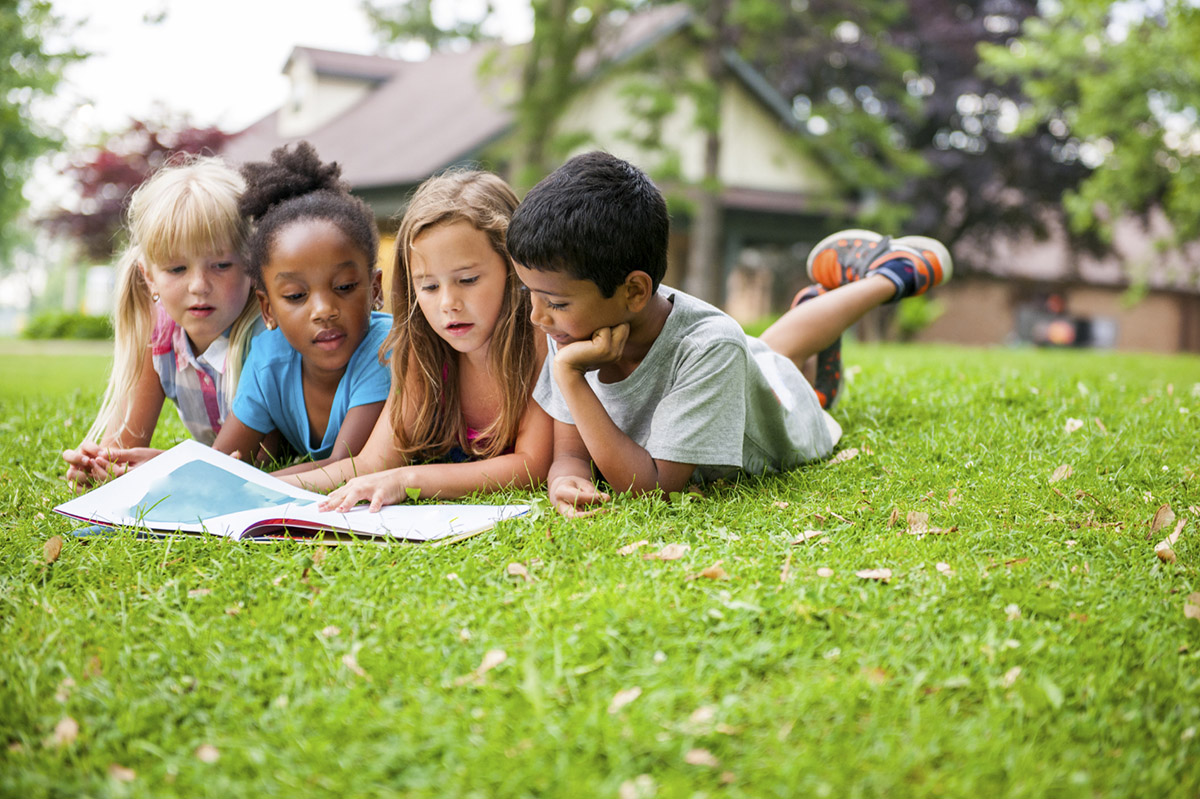
In all my experience and research, one very powerful thing I read always sticks out in my mind. A study back in 2002 covering 31 countries concluded that 'Being more enthusiastic about reading and a frequent reader was more of an advantage, on its own, than having well-educated parents in good jobs.' Children from lower income families performed better in tests if they enjoyed reading than those from more affluent families.
Reading is the key to gaining knowledge and enables children to access all areas of the school curriculum. It plays a vital role in children's social and intellectual development, teaching compassion, sensitivity and how to make judgements. It allows them to know, feel, learn and escape from their own limited world.
The long summer holidays are the perfect time to help children really get ‘into’ reading.
Top tips to establish the habit of reading for pleasure for primary school age children
- Parent’s attitude
Keep cool and be supportive. Never show your fears or make a big issue if they are reluctant to read. Reading will not be pleasurable if children feel pressure or anxiety from their parents.
- Praise/feedback
Get into the habit of telling children what they have done right instead of what they have done wrong, e.g. “I liked the way you used expression” or “You worked out that difficult word all by yourself”. This is far more motivating. Don’t correct every mistake. When children are corrected too much, they are scared to try for themselves and become frustrated or lacking in confidence.
- Introduce the book
Books must be introduced, presented, talked about and savored together. Do some research, look at reviews andwebsites with book suggestions and explain why you think the book will appeal to the child.
- Range of genres
Expose children to a full range of different genres and styles. Follow their interests, tastes and experiences.
- Reviews
For children hooked on books, encourage them to exchange ideas on what they thought about a book, reflect and be critical. Write a letter to their favourite author. Many authors have their own websites or forums to write book reviews. Respect your child’s opinions and tastes without banning certain books that they will just cling to more fiercely.
- Take turns reading
This gives children a break and an example to emulate. Break up the character parts so you can take turns to read. You read one page and they read one. Read for a few minutes until you get to a very exciting bit, and then ask them to continue and tell you what happens next
- Comprehension
Talk about what you read together and what they read independently: how the child thinks a character is feeling, what they would do in that situation, what is going to happen next. Retell the sequence of events and work on inference.
By Rachel Vecht – Founder of Educating Matters who provide seminars, webinars, courses and one-to-one consultations for parents/carers in the workplace, schools, homes and remotely. Covering a wide range of education and parenting related topics.
'Parents are a child's first and most important teacher'
www.educatingmatters.co.uk
July 12, 2018